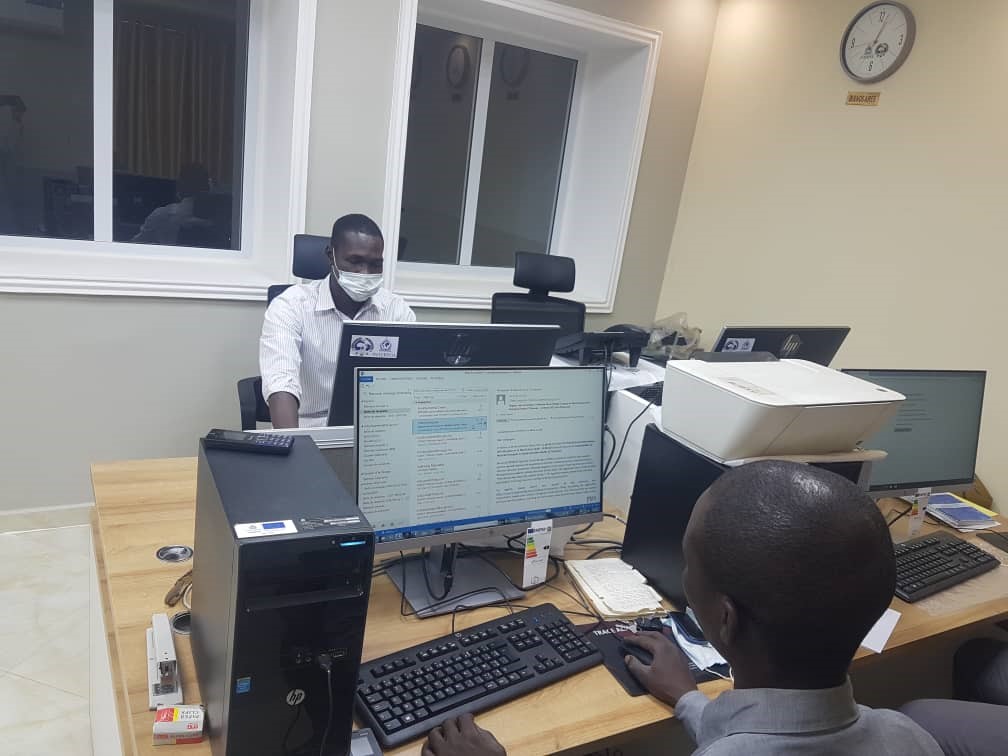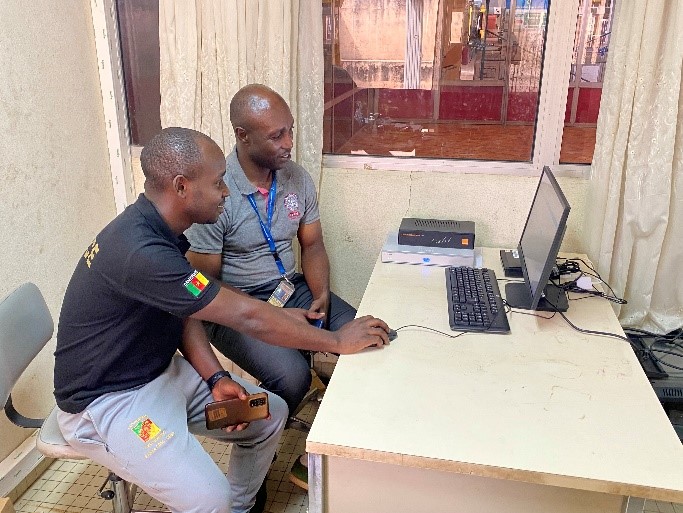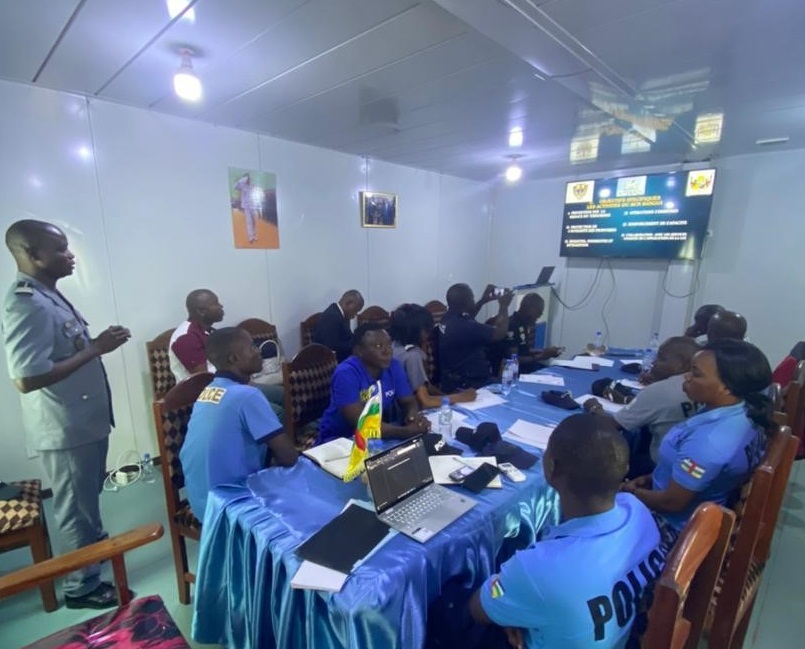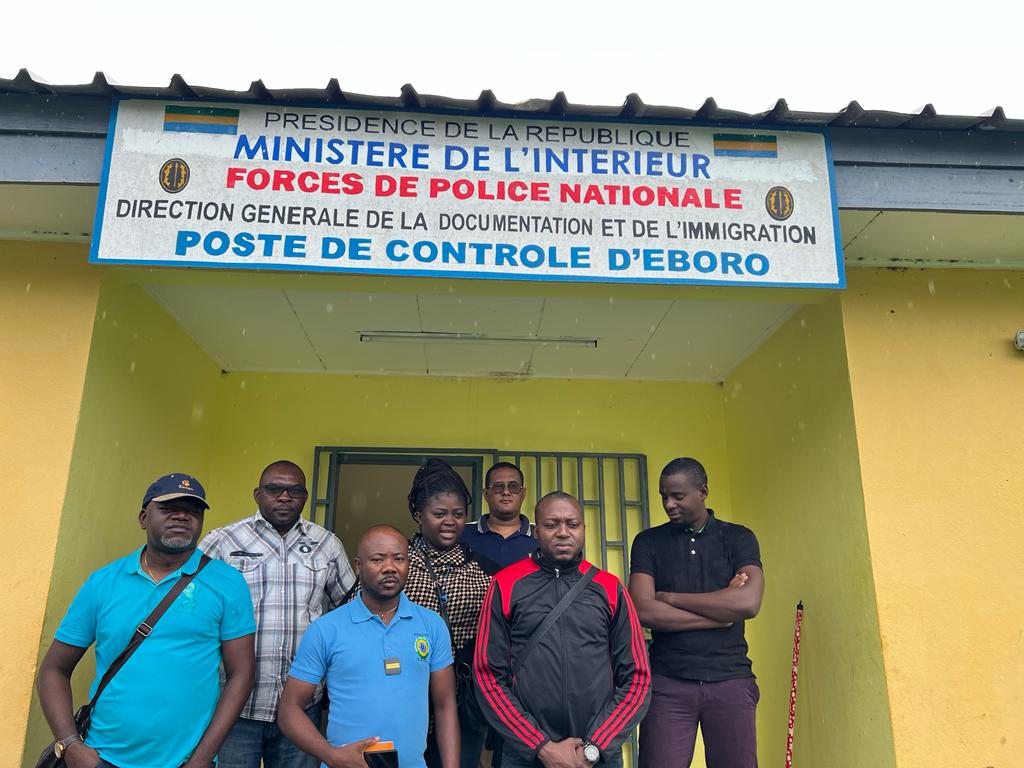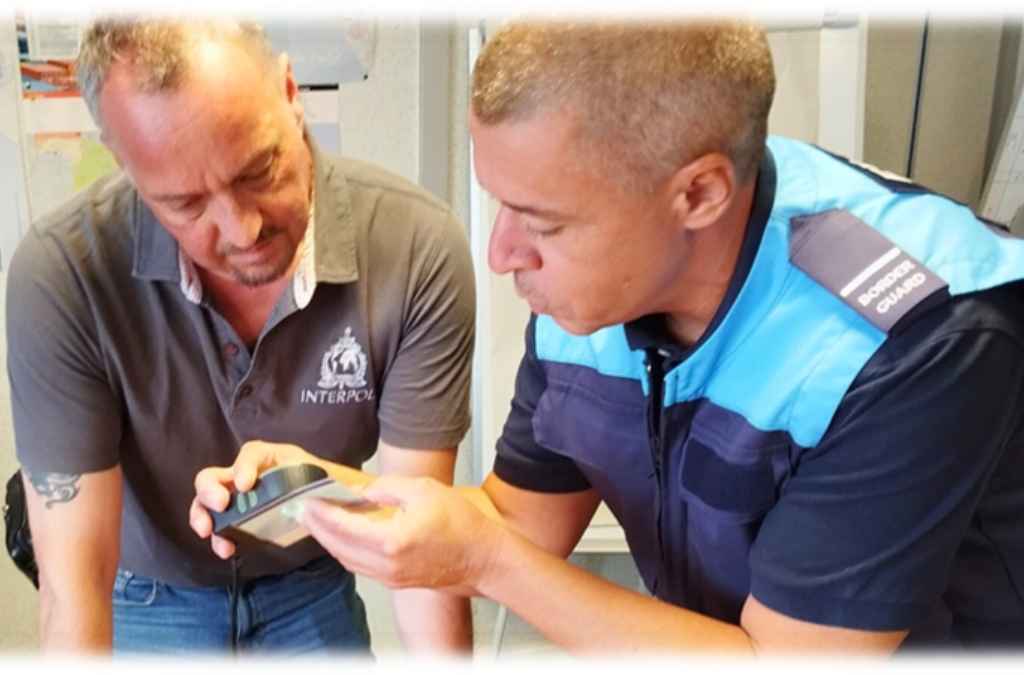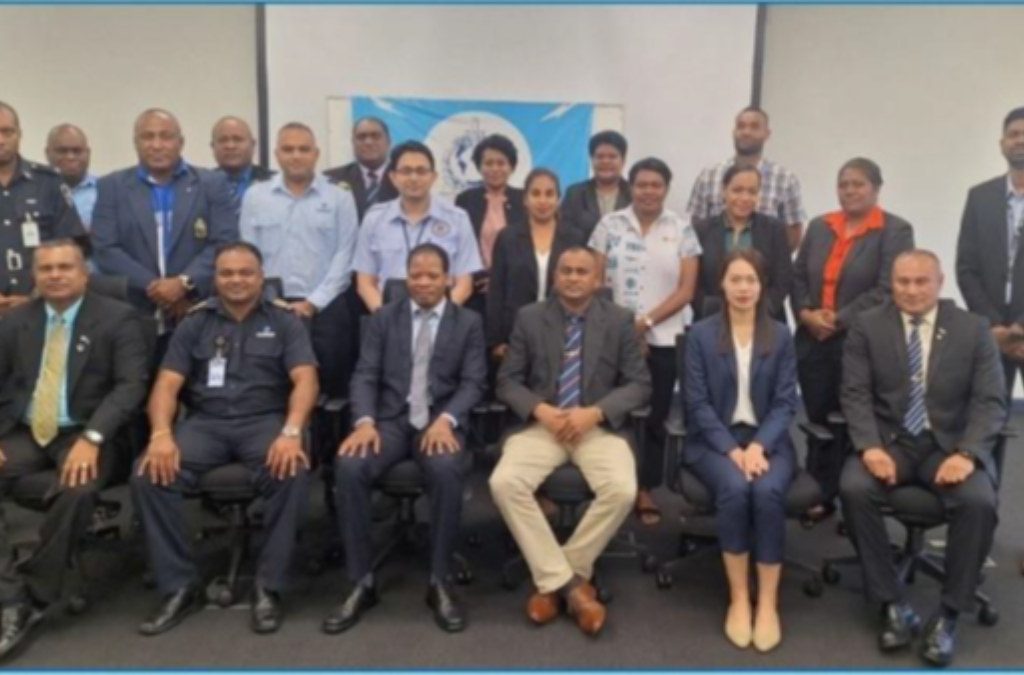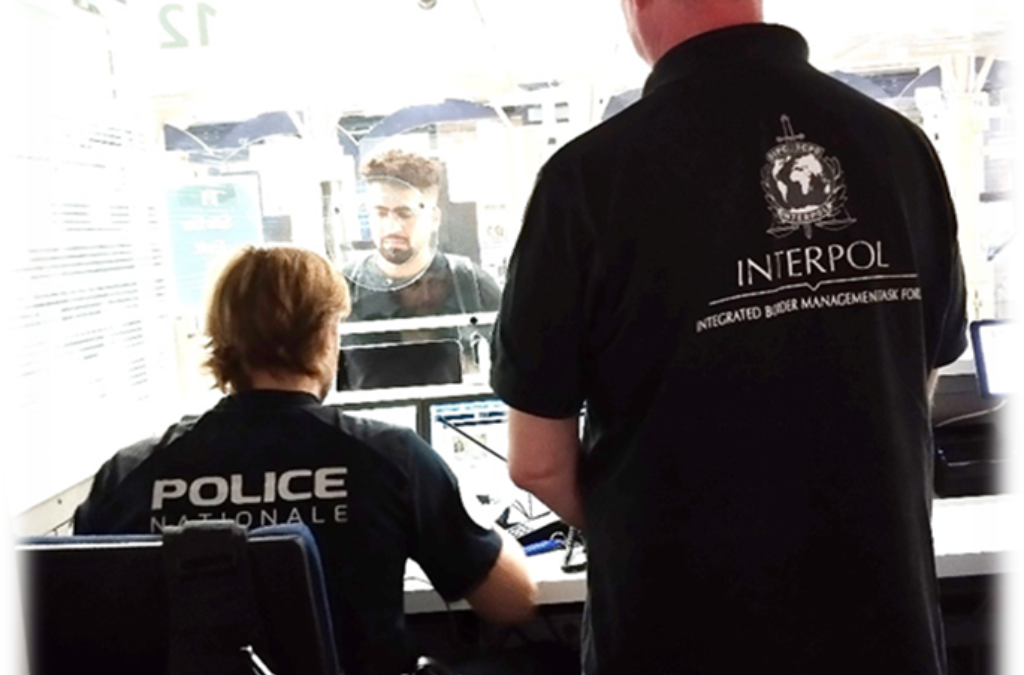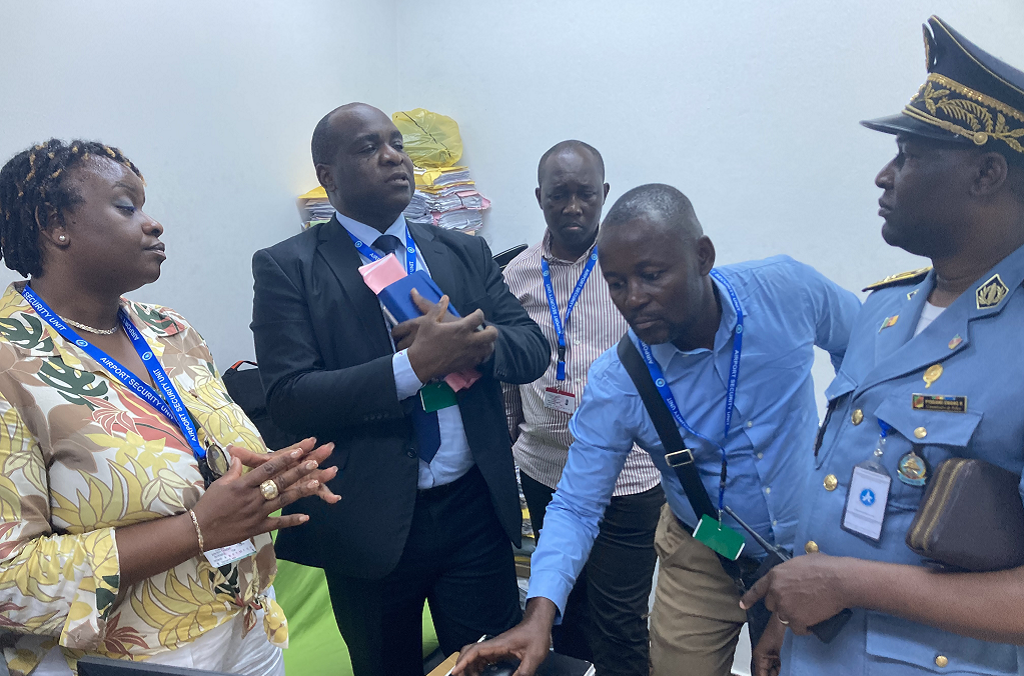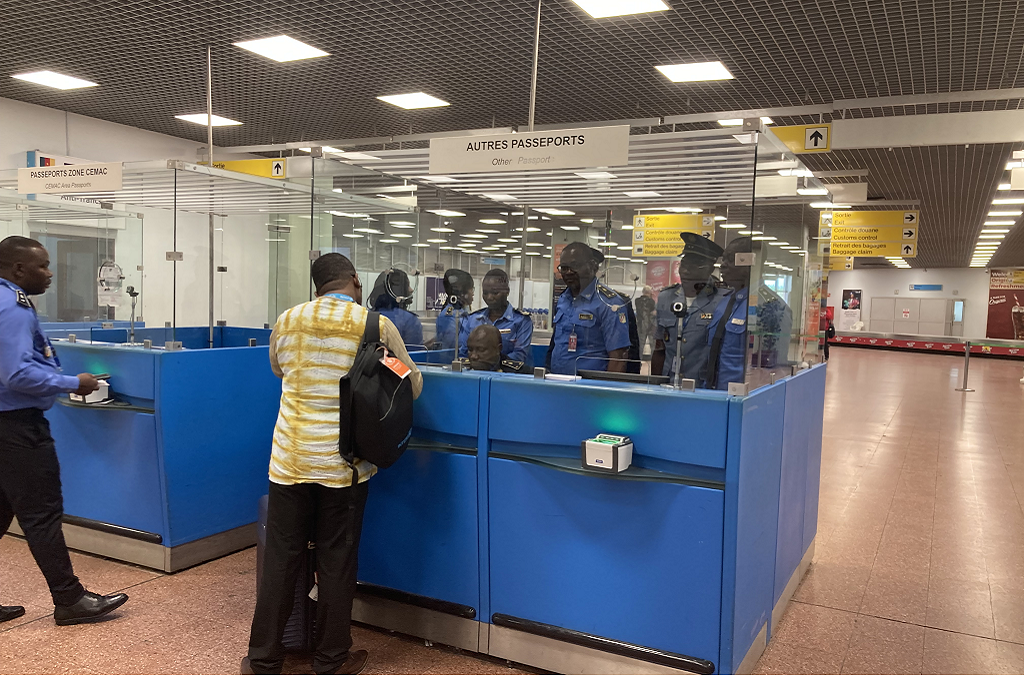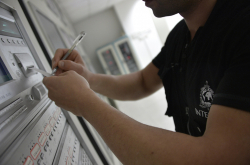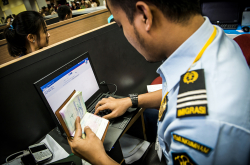Timeframe: 2019 – 2024
Budget: EUR 4.9 million
Donor: Economic and Monetary Community of Central Africa (CEMAC)
The I-CEMAC project works to strengthen border security in the six countries of the Economic and Monetary Community of Central Africa (CEMAC).
It will achieve this by extending access to INTERPOL’s secure global communications network (I-24/7) and databases to law enforcement agencies at international airports, sea ports and strategic border crossing points.
The situation
CEMAC’s mission is to promote peace and economic development in its six Member States: Cameroon, Chad, Congo, Gabon, Equatorial Guinea and Central African Republic.
The CEMAC common market promotes economic growth through the free movement of people, goods and capital. While reduced border controls bring many advantages in terms of trade, they also heighten the risk of illicit activities such as trafficking in counterfeit goods, human beings, and weapons.
Abundant natural resources, including oil, fisheries and forests, also make the region vulnerable to transnational organized crime, while civil conflicts present further challenges to peace and security.
Regional cooperation between CEMAC countries is therefore crucial in order to effectively monitor borders and prevent and detect cross-border crime.
Project aims
Through the I-CEMAC project, INTERPOL will support the modernization of six INTERPOL National Central Bureaus (NCBs) and the extension of the I-24/7 Global Communication System to a selected 40 border points in the CEMAC zone.
This project responds to the needs of the CEMAC Member States in the fight against all forms of crime, both national and international. It will also allow them to promote police cooperation between the Member States of CEMAC and the Central African region.
Specifically, the project will:
- enable border security officers to screen passengers and travel documents at main transport hubs;
- improve connectivity and access to INTERPOL’s systems, and optimize interoperability among the national systems of the beneficiary countries;
- strengthen the infrastructure and technical capabilities of the six NCBs so they can fully support the expansion of the I-24/7 system to law enforcement authorities in their countries;
- improve the quality and exchange of criminal information at the national and international level.
Project activities
To achieve the required project outcomes, the following activities are necessary:
- carry out needs assessments in beneficiary countries;
- assess border posts and the state of their infrastructure;
- work with specialized companies to install equipment and software at border posts and NCBs;
- ensure the sustainability of the project through appropriate hardware and software maintenance contracts over a period of five years;
- organize technical coordination and project monitoring meetings;
- deliver operational training on the use of INTERPOL databases.
Project updates
March 2024
Upgrading border posts in Gabon.
All planned extensions in Gabon have been completed. The four border posts at Eboro, Myo-Kye, Léconi and Port gentil are now equipped with access to our I-24/7 system. Law enforcement officers at these border posts can now consult INTERPOL databases in real time. With an interconnection to the national border management system, searches of our databases are automated and simultaneous.
This has been supported by capacity building of around 50 people: personnel at these cross-border police posts have been trained as users of INTERPOL tools at the borders, as well as officials at NCB Libreville.
NCB Libreville’s offices have been modernized, including electrical works and air conditioning, to improve the working conditions of personnel.
June 2023
The project team returned to Cameroun to assess progress made since the extension of I-24/7 to:
- Kye-Ossi, on the border with Gabon and Equatorial Guinea
- Douala International Airport
- Douala seaport
Officers outlined recent successes thanks to extended access to INTERPOL’s databases, as well as outstanding challenges. I-CEMAC will continue to provide support to national authorities in order to ensure maximum optimization of these recent connections.
February 2023
Assessment mission in Equatorial Guinea
The project team met staff at the National Central Bureau in Malabo to determine the various needs in terms of modernization of infrastructure and technology. Implementation will begin in May 2023. In the meantime, extension of I-24/7 to 10 selected sites and the NCB will start in April 2023. The 10 sites include three international airports – Malabo, Bata and Mongomeyen – and other border crossing points including Kiosi, Mongomo and Dimbala.
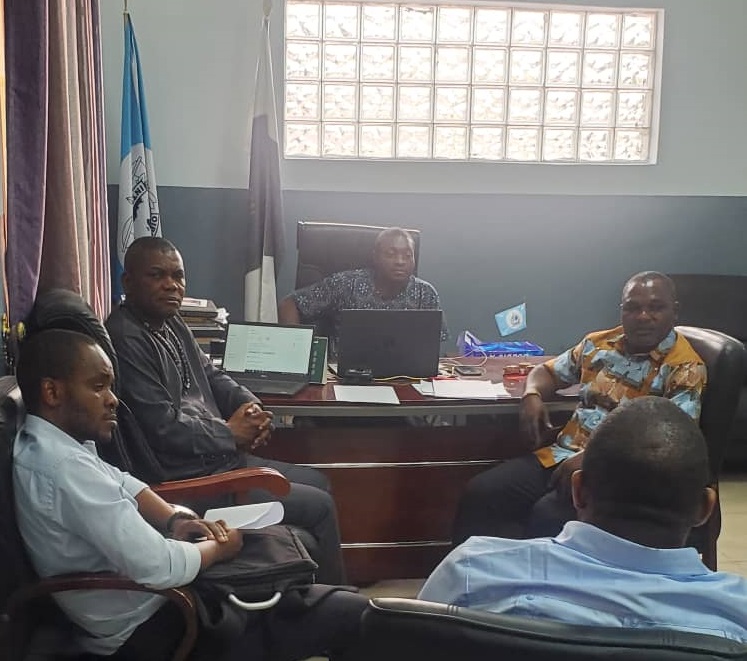
January 2023
I-24/7 extensions in Cameroon
The I-CEMAC Project team connected eight sites in Cameroon, including the international airports in Douala and Yaoundé. This means that I-24/7 has now been integrated into the border management system used in the country. As a result, the travel documents of all passengers arriving in the country can now be checked against INTERPOL databases. Immediate results showed that more than 6,000 searches were made in 72 hours with hits that led to investigations between Cameroon and other member countries.
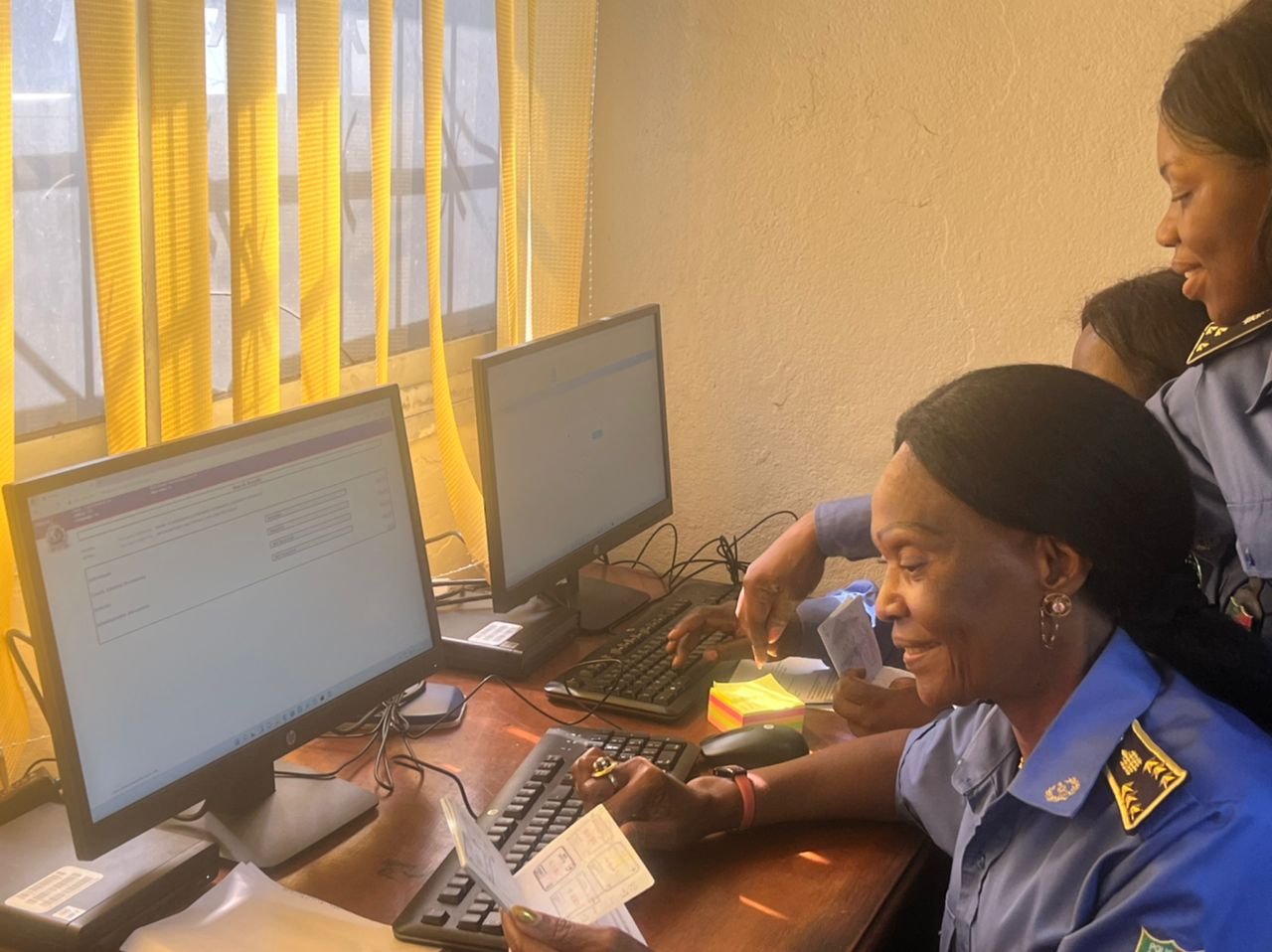
Countries involved
Related documents





